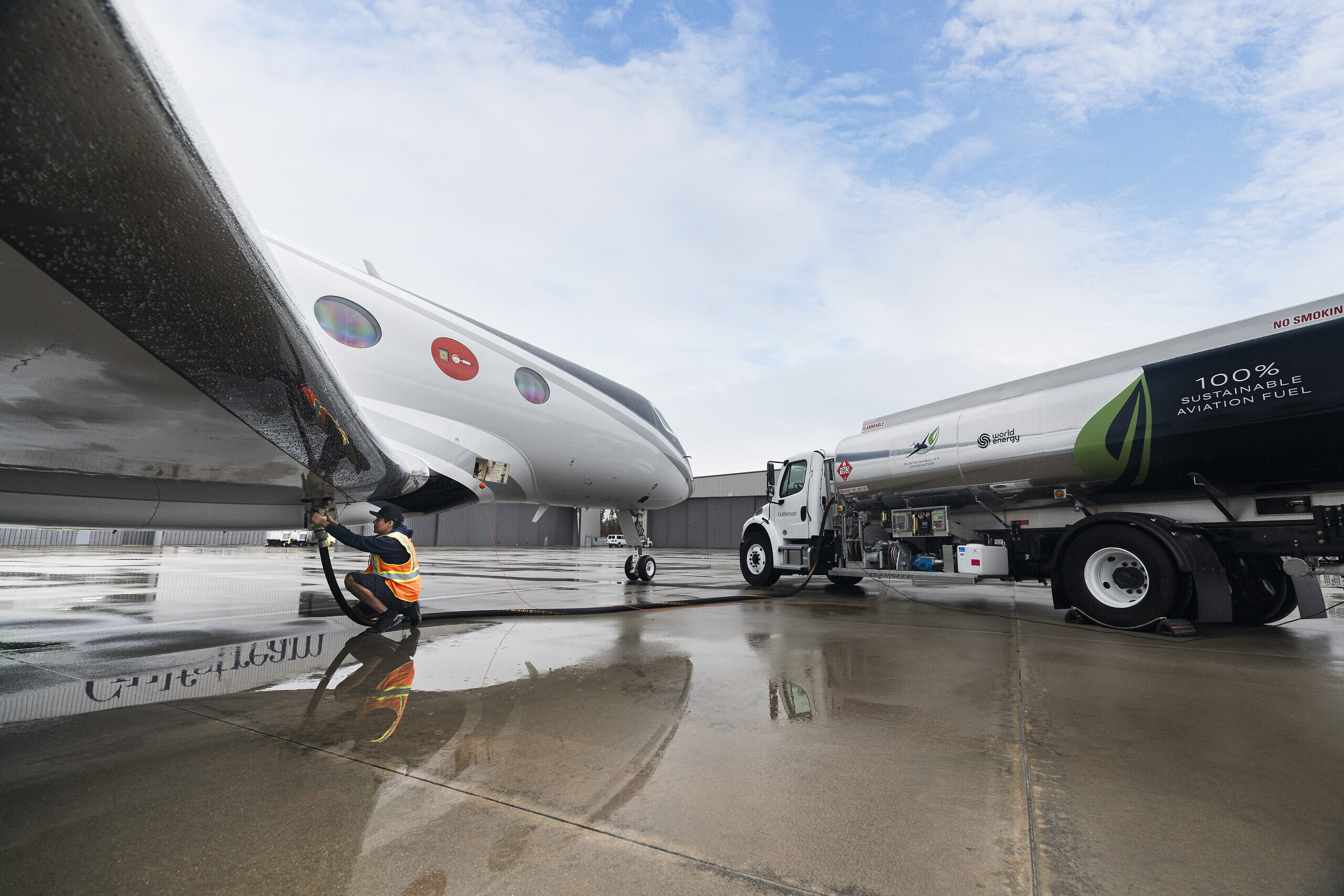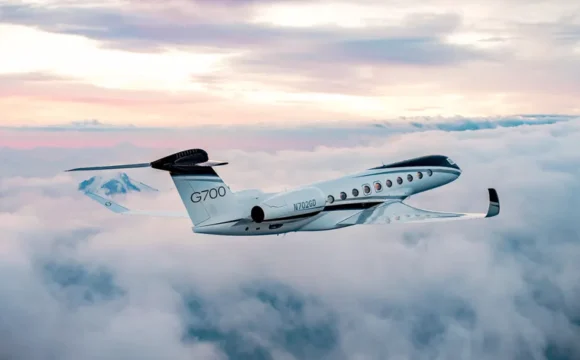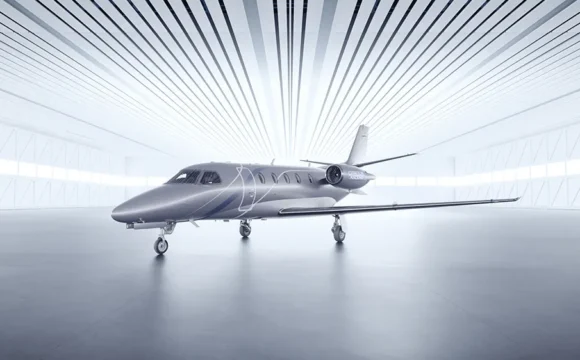Gulfstream Aerospace Corp. ประกาศความสำเร็จของเที่ยวบินข้ามมหาสมุทรแอตแลนติกลำแรกของโลกที่ใช้เชื้อเพลิงการบินที่ยั่งยืน (SAF) 100% เสร็จสิ้นเมื่อวันที่ 19 พฤศจิกายน โดยเที่ยวบินดังกล่าวเกิดขึ้นบนเครื่องบินกัลฟ์สตรีม G600 ได้ออกจากสำนักงานใหญ่ของบริษัทในซาวานนาห์ และลงจอดที่สนามบินฟาร์นโบโรห์ในอังกฤษในเวลา 6 ชั่วโมง 56 นาที ต่อมา ภารกิจนี้ได้ขับเคลื่อนด้วยเครื่องยนต์ Pratt & Whitney PW815GA ซึ่งทั้งคู่ใช้ SAF 100% แสดงให้เห็นถึงศักยภาพในการใช้เชื้อเพลิงหมุนเวียนในอนาคตของการบิน ซึ่งประกอบด้วยคาร์บอน ซัลเฟอร์ และอะโรเมติกส์ที่ต่ำกว่า
ข้อมูลที่รวบรวมจากการบิน จะช่วยให้กัลฟ์สตรีมและซัพพลายเออร์รายสำคัญประเมินความเข้ากันได้ ของเครื่องบินกับเชื้อเพลิงที่ทดแทนอะโรมาติกต่ำในอนาคต โดยเฉพาะอย่างยิ่งภายใต้อุณหภูมิที่เย็นจัดสำหรับระยะเวลาการบินที่ยาวนานขึ้น SAF ที่ใช้ในเที่ยวบิน ผลิตโดย World Energy และจัดส่งโดย World Fuel Services ประกอบด้วยเอสเทอร์และกรดไขมันที่ผ่านกระบวนการไฮโดรโพรเซส 100% (HEFA บริสุทธิ์) ซึ่งมีการปล่อย CO2 ตลอดอายุการใช้งานต่ำกว่าอย่างน้อย 70% เมื่อเทียบกับเชื้อเพลิงเครื่องบินฟอสซิล ซึ่งช่วย ลดผลกระทบจากการบินต่อสภาพอากาศ นอกจากนี้ เชื้อเพลิงอะโรเมติกส์ที่เติมเป็นศูนย์ยังมีผลกระทบต่อคุณภาพอากาศในท้องถิ่นลดลงและมีปริมาณกำมะถันต่ำมาก ซึ่งสามารถลดผลกระทบต่อสิ่งแวดล้อมที่ไม่ใช่ CO2 ได้
Gulfstream Aerospace Corp. announced the successful completion of the world’s first trans-Atlantic flight using 100% sustainable aviation fuel (SAF). Accomplished on November 19, the flight took place on a Gulfstream G600 aircraft, which departed the company’s headquarters in Savannah and landed 6 hours, 56 minutes later at Farnborough Airport in England. Powered by Pratt & Whitney PW815GA engines, both using 100% SAF, this mission showcases the potential for aviation’s future use of renewable fuels, which feature lower carbon, sulfur and aromatics.
The data collected from this endurance flight will help Gulfstream and its key suppliers gauge aircraft compatibility with future low-aromatic renewable fuels, particularly under cold temperatures for extended flight durations. The SAF used on the flight was produced by World Energy and delivered by World Fuel Services. It was comprised of 100% Hydroprocessed Esters and Fatty Acids (neat HEFA), which has at least 70% lower lifecycle CO2 emissions than fossil-based jet fuel, helping to reduce aviation’s impact on climate. Additionally, this zero added aromatics fuel has a reduced impact on local air quality and very low sulfur content, which can reduce non-CO2 environmental impacts.








